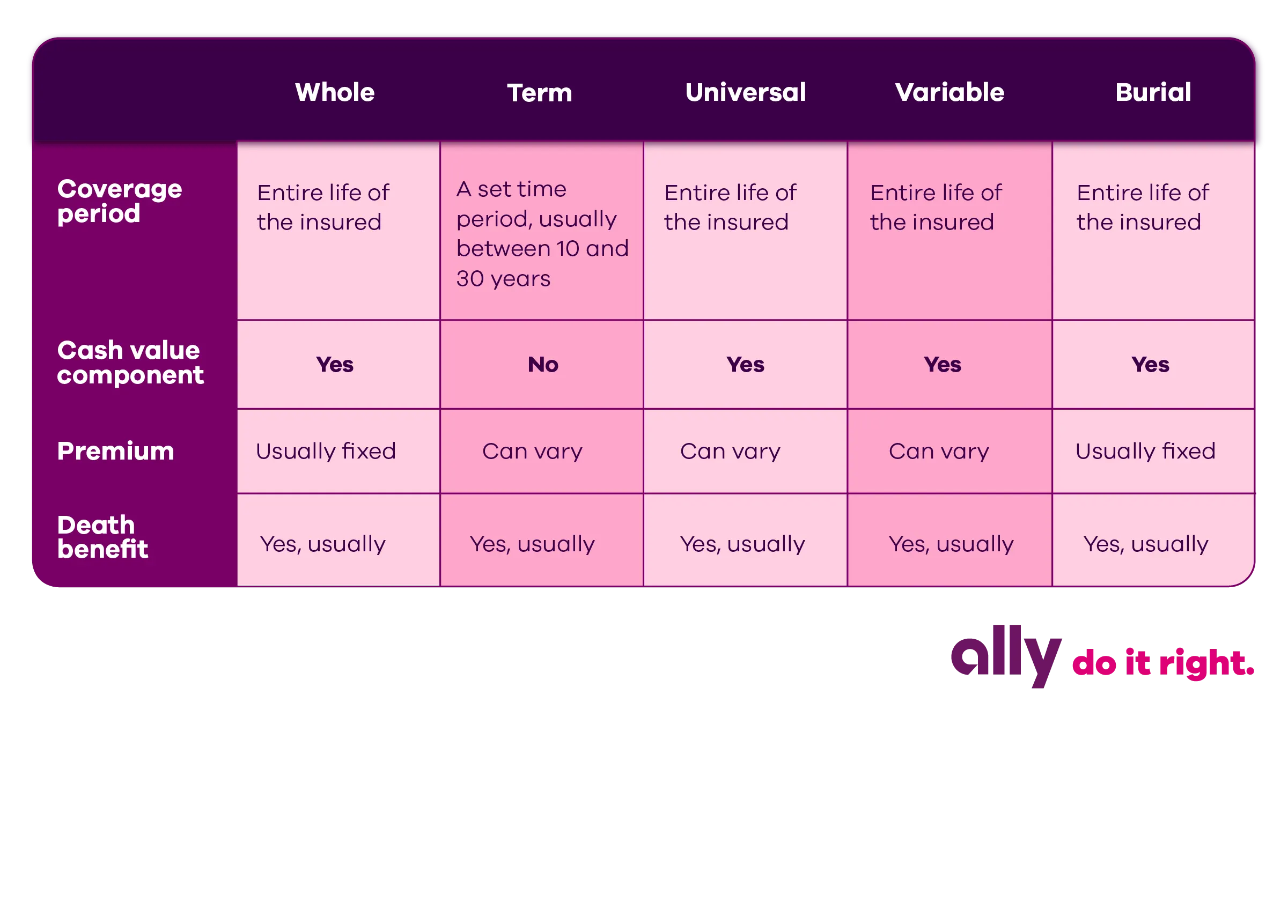Insightful Perspectives
Explore a world of engaging news and informative articles.
Insurance Policies Unplugged: Decoding the Fine Print
Uncover the secrets of insurance policies! Learn to decode the fine print and protect yourself like a pro. Don’t miss this essential guide!
Understanding Policy Exclusions: What You Need to Know
Understanding policy exclusions is crucial for anyone seeking insurance. These exclusions are specific conditions or circumstances for which the insurance policy does not provide coverage. Familiarizing yourself with these exclusions can prevent unexpected costs and ensure that you are adequately protected. Typical exclusions may include acts of war, intentional damage, or natural disasters that aren’t covered under certain plans. Therefore, it's important to read through your policy documents and ask questions to clarify any points that seem vague or concerning.
Policy exclusions can vary significantly between different insurance providers and types of coverage. For example, homeowners insurance may exclude certain types of water damage or events like earthquakes, while auto insurance may not cover damage caused by racing or driving under the influence. To ensure you have a comprehensive understanding, consider creating a list of common exclusions that apply to your specific policy. This proactive approach will empower you to make informed decisions and select the right coverage for your needs.

The Secrets Behind Your Deductible: A Simplified Guide
Understanding your deductible is crucial for effective financial planning and managing healthcare costs. A deductible is the amount you must pay out-of-pocket for covered expenses before your insurance plan starts to make payments. For instance, if you have a $1,000 deductible, you will need to pay this amount in medical bills before your insurance kicks in. It's important to note that not all expenses count toward your deductible; only specific services, like preventive care or necessary surgeries, may apply. To better grasp how deductibles work, consider these key points:
- Deductibles reset annually.
- Higher deductibles often result in lower premiums.
- Out-of-network services might not count toward your deductible.
When evaluating your insurance plan, it's essential to consider how a deductible affects your overall healthcare costs. Keep in mind that while a lower deductible may seem appealing, it usually comes with higher monthly premiums. Conversely, plans with higher deductibles can make healthcare more affordable in the long run if you don’t frequently need medical services. Remember, your health and financial situation should dictate which plan suits you best. To summarize, here are some tips for choosing the right deductible:
- Assess your health needs: Evaluate how often you visit doctors or need medications.
- Calculate total costs: Consider both premiums and potential deductible payments.
- Review your options annually: Stay informed about different plans available each year.
Common Insurance Myths Busted: What’s True and What’s Not?
When it comes to insurance, there are several common myths that can lead consumers to make uninformed decisions. One prevalent myth is that all insurance policies are the same. In reality, policies can vary significantly in terms of coverage, exclusions, and costs. This misconception may lead individuals to choose cheaper options without understanding what they are sacrificing in terms of protection. It’s crucial to compare different policies and read the fine print to ensure that you are adequately covered.
Another widespread belief is that your credit score doesn't affect your insurance rates. On the contrary, many insurance companies use credit scores as a factor in determining premiums. A poor credit score can lead to higher rates because insurers consider it a predictor of risk. Understanding this can help you take steps to improve your credit score before applying for insurance, ultimately saving you money in the long run.